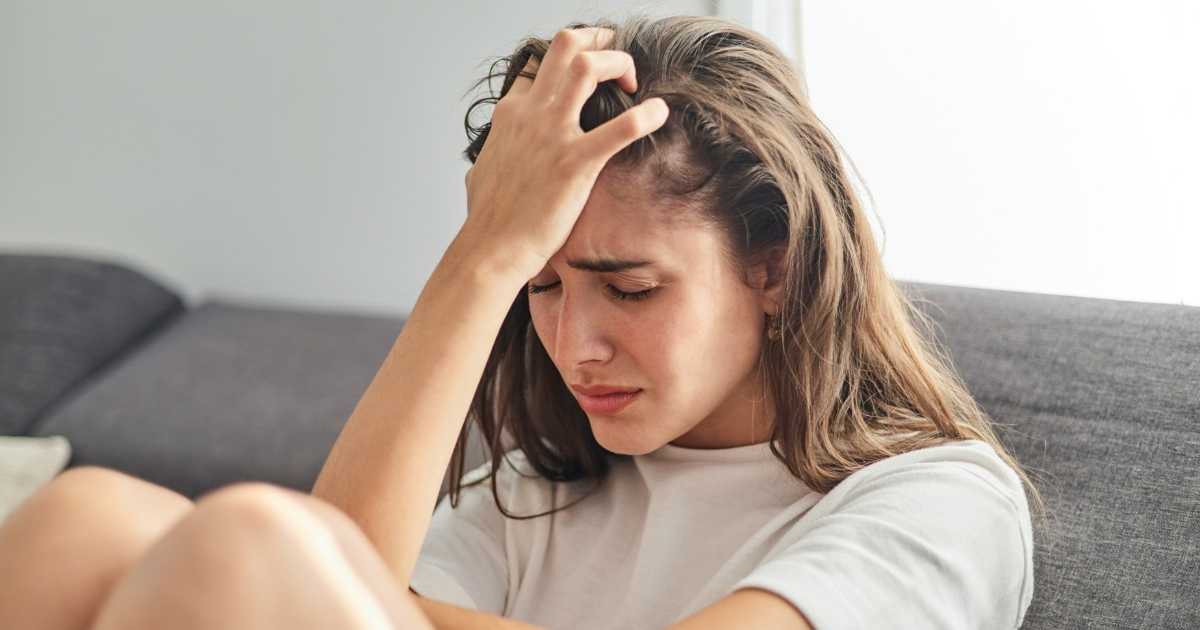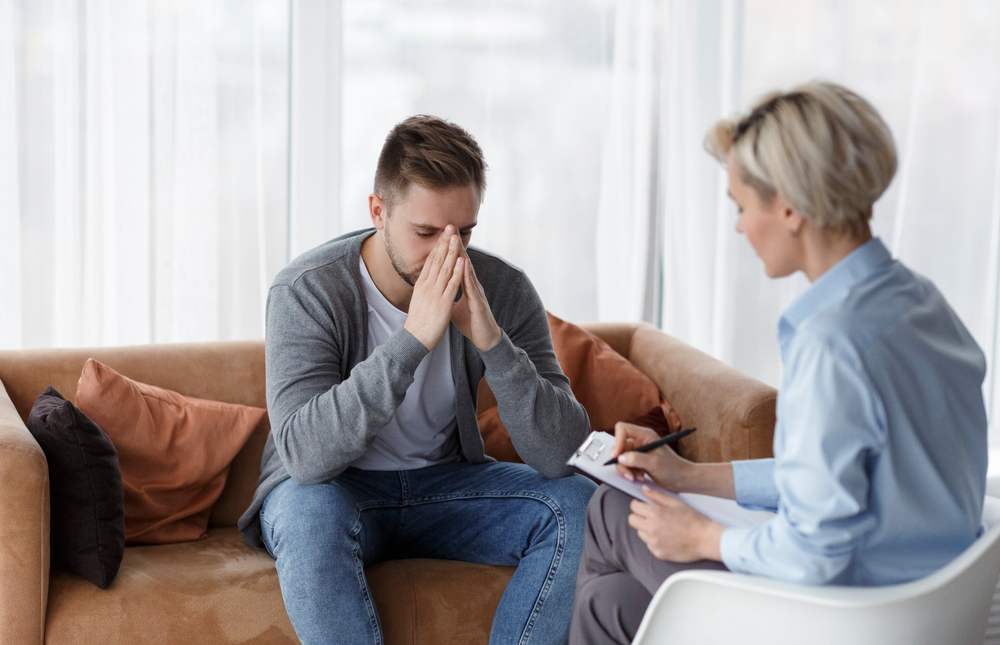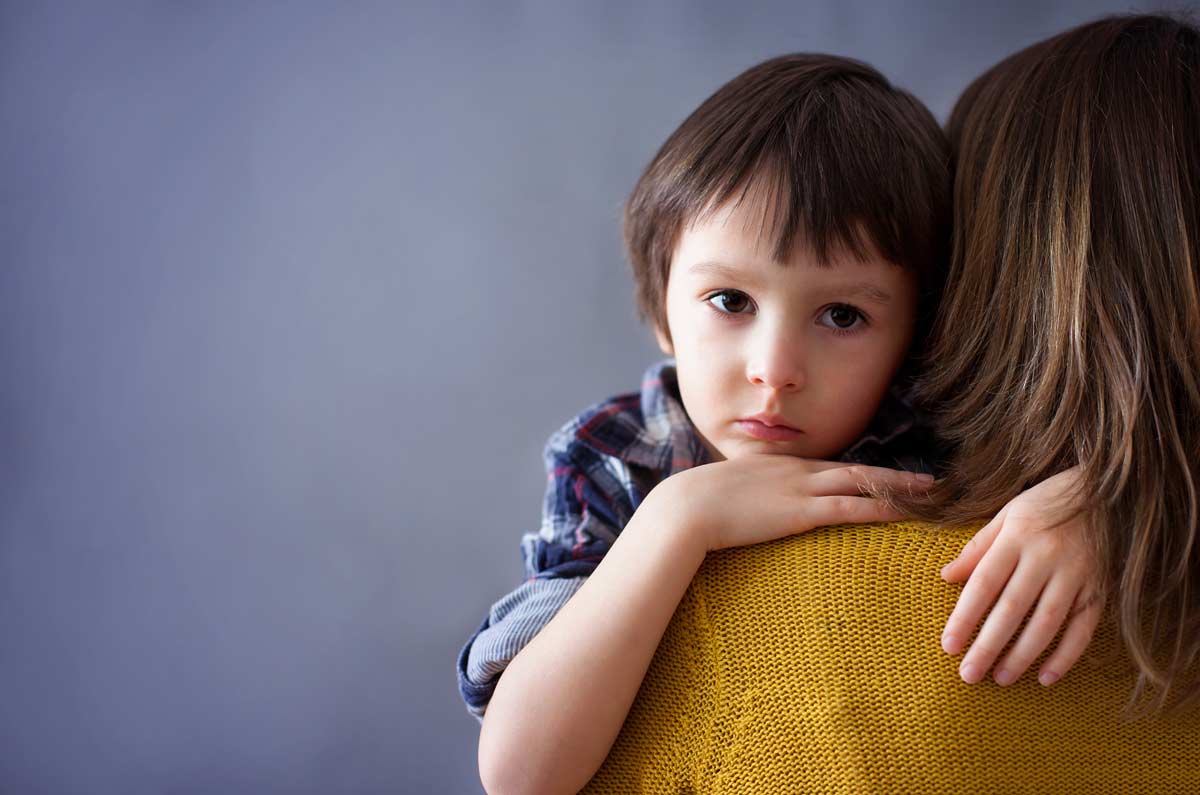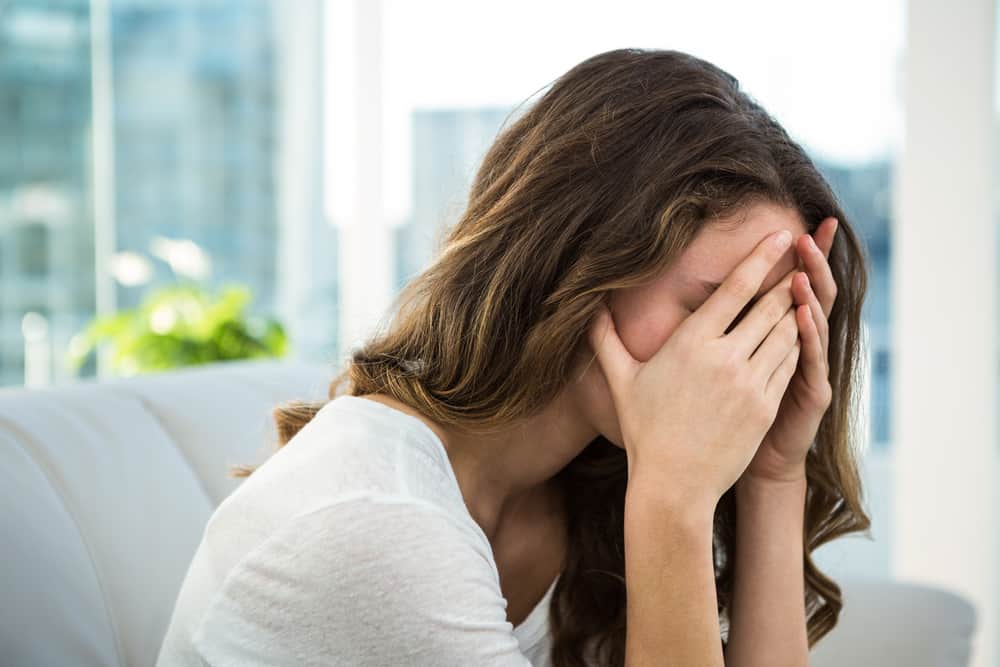It’s frequently tough to see the bright side when dealing with depression. Even though the stigma associated with mental health issues has significantly diminished as more people come forward, some are still hesitant to seek help. If you or a loved one is dealing with this common illness, remember that depression is treatable. Untreated depression can lead to other problems like substance abuse, chronic medical conditions, or even suicide.
Seek assistance as soon as possible because the sooner you take action, the better your chances of success. Make sure the mental health provider you see understands the connection between brain health and mental health. Once you embark on your healing journey, you’ll find there is hope.
Mental health issues such as depression cannot wait. At Shiloh Health, we’re here for you. We offer mental telehealth, clinical examinations, and therapy for adults, teens, and children, as well as in-clinic appointments. Call 682-412-0131 to speak with a specialist now to learn more, or use our contact page.
Understanding the Overlap: Anxiety and Depression
Sometimes anxiety feels overpowering. Depression has the power to crush. To make matters worse, it is possible to have anxiety and depression simultaneously, which can be quite painful psychologically. It’s actually not uncommon to experience both of these conditions. According to the Anxiety & Depression Association of America, anxiety disorders and depression frequently co-occur, with about 50% of those with depression also being diagnosed with an anxiety disorder. Continue reading to learn the unmistakable signs and symptoms of each condition and discover healthy management strategies.
Signs and Symptoms of Anxiety and Depression
People with both anxiety and depression exhibit a mixture of the following signs and symptoms:
Symptoms of Anxiety:
- Recurring uneasiness or anxiousness
- Episodes of panic
- Avoiding situations or people out of fear of experiencing panic or anxiety
- Physical signs such as shaky hands, muscle aches, and headaches
- Racing heart, nausea, or dizziness
- A tendency to assume the worst
- Multiple phobias or persistent worries
- Avoiding conflicts
- Excessive fear of others’ judgment or scrutiny
- Being easily frightened
- A propensity to freeze in stressful situations
- Being timid, shy, and easily embarrassed
- Tearing at skin or biting nails
Symptoms of Depression:
- Continuous sadness or an “empty” feeling
- Loss of enjoyment in activities once found pleasurable, such as sex
- Anger, restlessness, or uncontrollable crying
- Feelings of guilt, worthlessness, helplessness, or pessimism
- Sleeping too much or too little, or waking up early
- Changes in appetite leading to weight loss or gain
- Fatigue, reduced energy, and a sense of being “slowed down”
- Suicidal thoughts or attempts
- Difficulty concentrating, remembering details, or making decisions
- Persistent physical issues like headaches or digestive problems
- Persistently low self-esteem or chronic boredom
People with both anxiety and depression experience symptoms from both categories frequently, even though the symptoms of each illness may manifest at different times.
Overcoming Mixed Anxiety and Depression
People with these co-occurring illnesses often resort to unhealthy coping mechanisms, such as self-medicating with substances like alcohol or marijuana. This is particularly common when mixed anxiety and depression are left untreated.
Thankfully, there are healthier coping strategies. First, recognize and challenge the automatic negative thoughts (ANTs) that fuel your anxiety or depression. Ask yourself if the thought is entirely accurate; it’s likely not.
Next, adopt wellness-promoting behaviors throughout the day to help prevent the onset of depression and anxiety symptoms. Meditate for 10 to 20 minutes daily. Reducing stress and worry can alleviate depression symptoms. Regular exercise is also an excellent way to release nervous energy and relax. Exercise improves mental health and releases endorphins, which enhance mood.
Diagnosis and Treatment of Mixed Anxiety and Depression
There is no one-size-fits-all treatment, as brain types differ significantly. What works for one person may worsen symptoms for another. Individualized care ensures the best outcomes for each patient.
Untreated mixed anxiety and depression can seriously impair a person’s social, professional, and personal life. In fact, untreated depression and anxiety are linked to increased rates of:
- Substance abuse
- Sleep issues
- Difficulty concentrating
- Relationship problems
- Work-related concerns
- Heart conditions
- Physical illnesses, such as the flu and colds
- Suicidal thoughts and actions
The good news is that with the right diagnosis and customized treatment plan, individuals with mixed anxiety and depression can overcome their symptoms and lead healthier, happier, and more fulfilled lives.
Final Thoughts
Recognizing the symptoms of both anxiety and depression and seeking appropriate treatment can significantly improve your quality of life. With the right support and healthy habits, overcoming these challenges is possible. Don’t hesitate to reach out for help—mental health is crucial, and there is always hope for a better tomorrow. Mental health issues cannot wait. At Shiloh Health, we’re here for you. We offer mental telehealth, clinical examinations, and therapy for adults, teens, and children, as well as in-clinic appointments. Call 682-412-0131 to speak with a specialist now to learn more, or use our contact page.







